The Canadian cabinet has denied an urgent plea to protect the critically endangered northern spotted owl.
This rejection has cast a dark shadow over the future of this iconic species, signaling a bleak outlook for its survival in the coming years.
The decision comes after the Wilderness Committee environmental advocacy group and Environment Minister Steven Guilbeault rallied to secure emergency protection for the owl, citing imminent threats to its survival.
However, the rejection of this plea has raised questions about Canada’s commitment to preserving its biodiversity and protecting endangered species.
The northern spotted owl, an emblematic bird of the old-growth forests of southwest British Columbia, was once a thriving species with nearly 1,000 individuals.
However, the relentless march of industrial logging has decimated its habitat, leaving only one wild-born owl remaining.
To make matters worse, two captive-bred owls released into the wild met tragic ends in May, amplifying the urgency of the situation.
Despite these grim statistics, biologists have maintained that the species could recover with the implementation of adequate protections for key habitat areas, which predominantly consist of old-growth forests.
In February 2023, Environment Minister Steven Guilbeault made a compelling case for the protection of the spotted owl.
He stressed the need to halt logging in specific areas of the Spô’zêm Nation territory, including the Spuzzum and Utzlius watersheds, along with an additional 2,500 hectares (6,200 acres) of forest habitat at risk.
His recommendation aimed at using an emergency order to block further destruction of the owl’s habitat in British Columbia. Guilbeault’s proposal was not only an act of Conservation but also an acknowledgment of the urgent situation facing this magnificent bird.
In a surprising turn of events, other cabinet members within the governing Liberal party, who have consistently emphasized their commitment to biodiversity protection, rejected Guilbeault’s emergency order. The decision has left many puzzled and disappointed, as the government’s inaction undermines its claims of prioritizing environmental Conservation.
The Wilderness Committee, represented by environmental law charity Ecojustice, is taking the matter to court on October 18, 2023, seeking to determine whether Guilbeault’s eight-month delay in recommending the emergency order complies with the requirements of the federal Species at Risk Act.
Ecojustice lawyer Andhra Azevedo has expressed frustration at the delay, noting that the minister spent months ‘engaging’ with British Columbia while the province continued to approve logging without making any new commitments to protect the owl’s habitat.
The delay in taking action raises concerns about the government’s adherence to the very law designed to address such emergencies.
Sign this petition to save the owls!
What you can do
Support ‘Fighting for Wildlife’ by donating as little as $1 – It only takes a minute. Thank you.
Fighting for Wildlife supports approved wildlife conservation organizations, which spend at least 80 percent of the money they raise on actual fieldwork, rather than administration and fundraising. When making a donation you can designate for which type of initiative it should be used – wildlife, oceans, forests or climate.
This article by Trinity Sparke was first published by One Green Planet on 14 October 2023. Image Credit :tahirsphotography/Shutterstock.
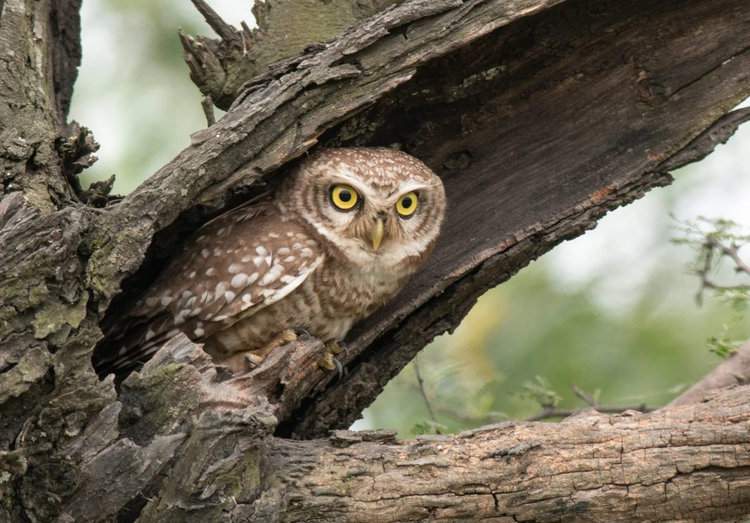



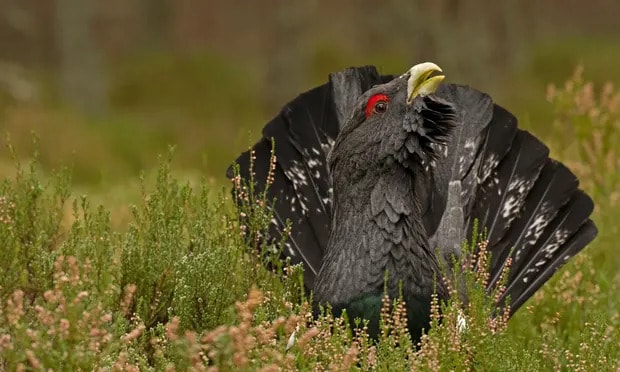
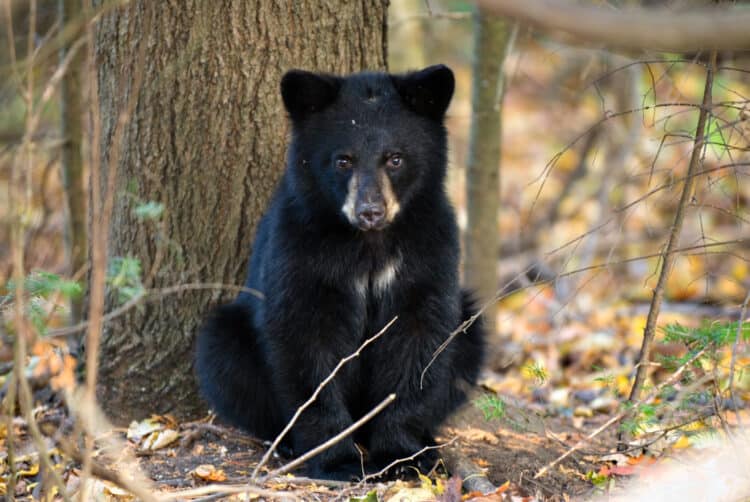
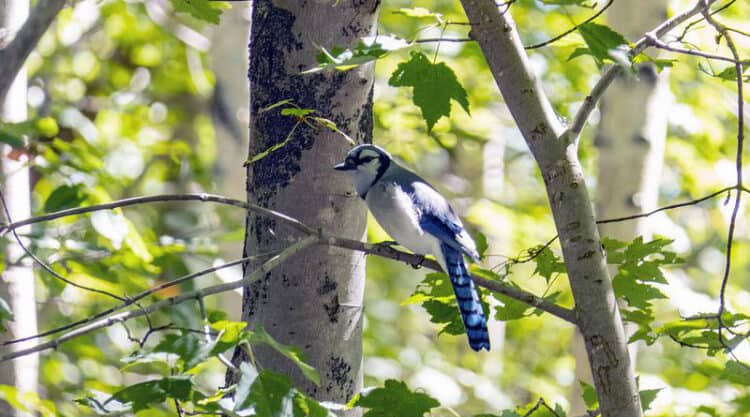
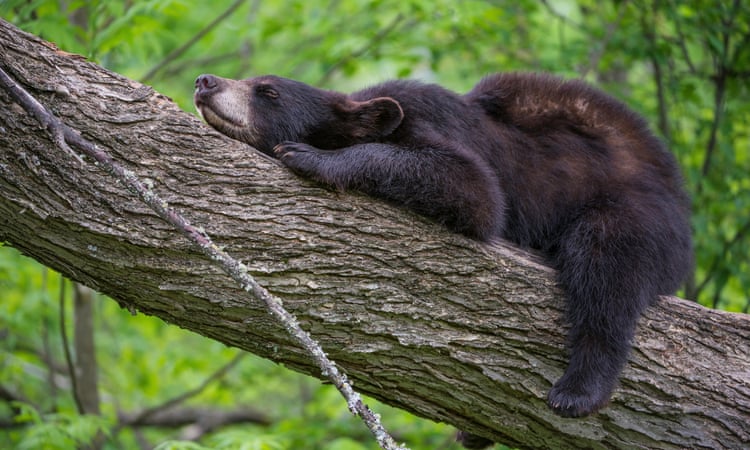
Leave a Reply